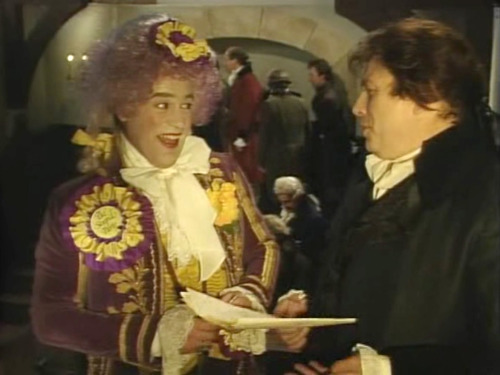I’ve gone on at length before about how I don’t like the British electoral system, and last night’s General Election is a shining example of why.
Before going further I’d like to make it clear that this viewpoint is totally removed from the outcome of who won. In truth, I don’t recall ever voting for a candidate who won in an electorate (both in Australia and then in Britain) so I’m used to democratic disappointment.
The key issue which bothers me is the cyclical nature of disenfranchisement in the system, which is that under First Past The Post the party that wins can hold a very small share of the votes as cast by the people.
Last night, 66.1% of the voting population of the UK (46,425,386)* had their votes counted. This morning it was made widely known that the Conservative Party stormed into Government winning a majority of 331 of the 650 seats in the UK parliament.
Looking at the proportion of vote figures, it’s very hard to take the word “majority” seriously.

More people didn’t turn up to vote than who cast a vote for any of the major or minor parties (amusingly – I thought – traditional donkey-vote party The Monster Raving Loony Party tallied more than double the vote that extreme rightwing actual genuine nutjobs the British National Party got).
Of course, it’s nearly impossible to understand peoples’ reasons for not voting without further surveying, and collecting such data would come at vast effort and expense – especially given that the group being targeted have already demonstrated their lack of interest in participation in filling out forms.
When I’ve discussed this on Facebook in the leadup I was told by a few people that the system here works whereby people who don’t vote don’t count, and therefore their voice/presence shouldn’t be considered. So of those that did vote, the outcomes were as follows:

(The inner pie is the percent voter share, the outer ring is the number of parliamentary seats each group won)
I realise that if the system were purely based on vote proportion then that would mean UKIP would have much larger representation and most sane people agree that’s not a good thing. However equally the far more sparsely populated Scotland would command a much smaller share, and that’s where my limited understanding of things runs out of steam a little.
The main cut & thrust of the argument though is that this voting system allows for a “majority” where in reality that party’s supported by little over a third of the country.
This presumably is why it’s only minority parties (such as the Liberal Democrats last time) who believe vote reform to be a key issue, and when we were given the chance to do something about it 66% of 42% of the population shot it down.
I’d feel a lot more faith in the political system if at least the election were geared so that a party needed to get more than 50% of the electorate’s support in some way or other in order to win the seat. The “Alternative Vote” system was one way of going about it, and history’s passed its judgement on that. But I just can’t see how the general public here can support a system where in a hypothetical electorate of 1000 people with 5 equally supported candidates that with a 50% turnout one of them would only need to get 101 votes in order to be considered to have the “majority” of the vote.
In my local constituency of Bristol West I was at least encouraged to see that we had a 72% turnout to the polls, leaving the result looking like this:

(Again, the non-voters outweighing any selections made) or, for the people whose blood boils at having non-voters included:

At least it’s interesting in that only just over 50% of the participating electorate support either of the two major parties.
The one thing I’m left wondering is where in the statistics the people who spoiled their vote sit. It must go into “Did Not Vote”, I guess. If nothing else, this should dissuade people who feel that by vote-spoiling they’re registering their dissatisfaction with the process and/or the methodology, whereas these results as published seem to indicate that they’re just ignored as well.**
So, in summary – First Past the Post means that though you may not feel your vote makes any difference, the actual difference it makes increases in line with the number of people who don’t show up to the polling booth.
The other thing I probably should highlight is that postal voting really is the way to go: it’s quite easy to register, it’s 100% convenient & doesn’t take time out of your day, and you can vote whilst listening to loud music and wearing nothing but a coloured rosette without being arrested or having your vote discounted. It REALLY is the way forward.
* figures taken from the BBC News results analysis
** if anyone knows where to find the spoiled ballot statistics I’d be very interested to see that too.
Addendum: Well, there we are – it seems that one of the perks of being in charge is the ability to alter the system so you’ll stay in charge next time as well. The Conservatives have announced that top order of business is redrawing the electoral boundaries in such a way that it’ll be likely that they’ll win a larger share of seats next time. I wonder how hard it is to move to Sweden?




